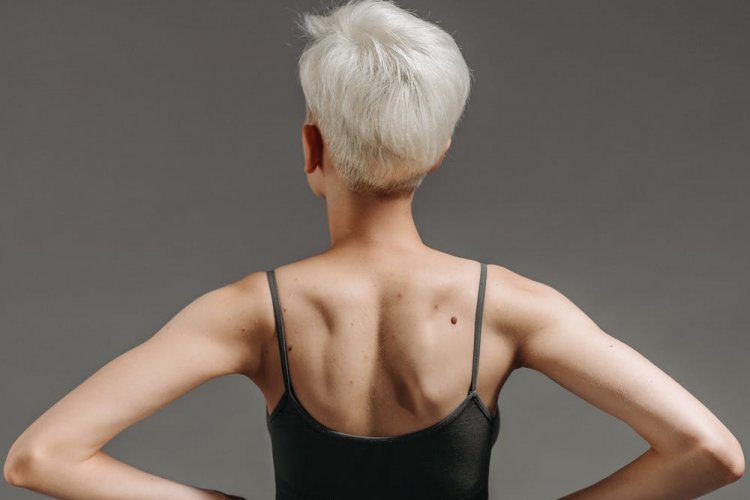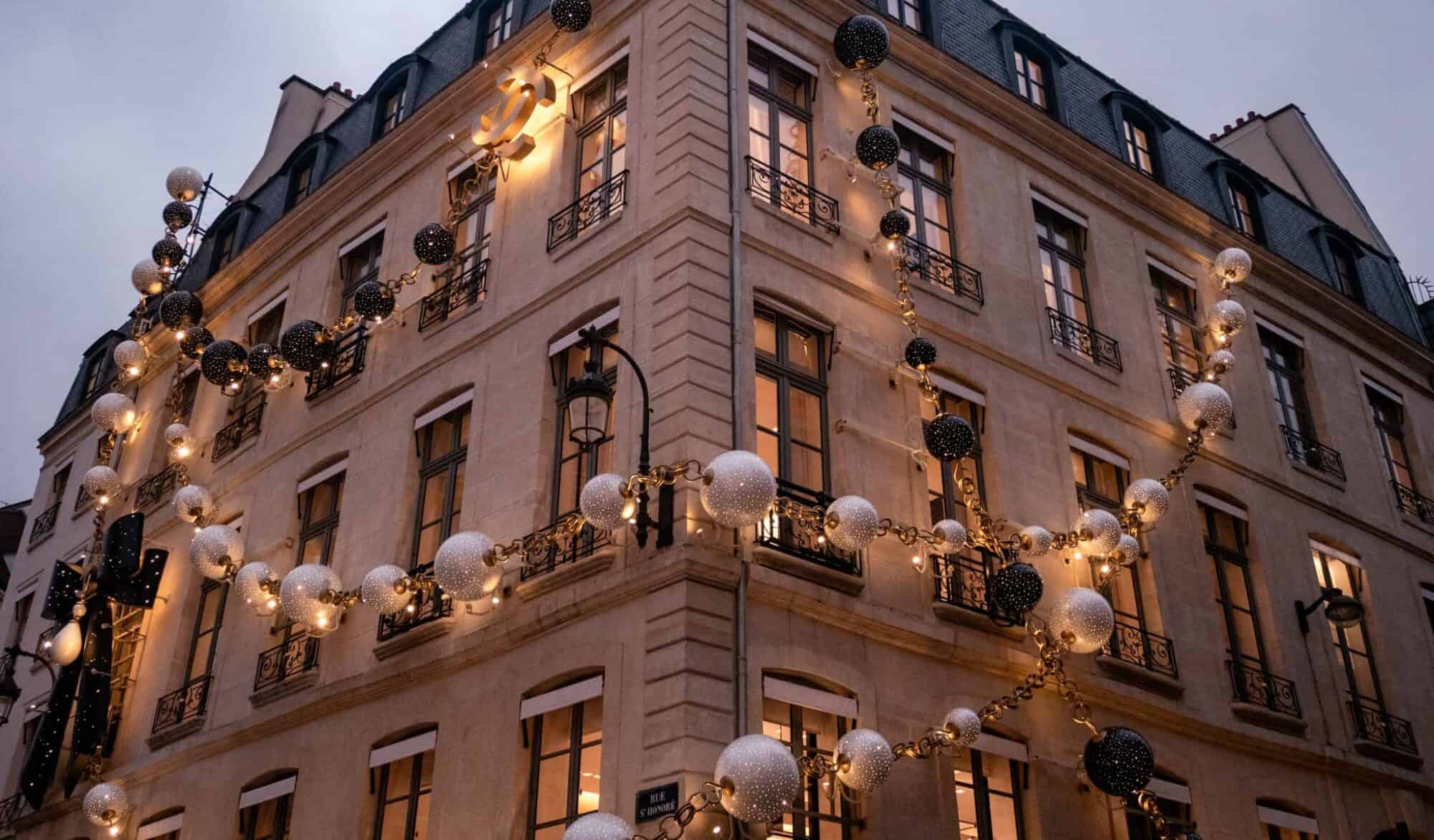Driscoll meets with Russians in Abu Dhabi about Ukraine peace plan
Army Secretary Dan Driscoll will huddle with Russian officials in Abu Dhabi on Tuesday about a peace plan to end the Ukraine war, a rare meeting between the countries’ top military leaders and one that will not include Secretary of State Marco Rubio or other U.S. negotiators.
The Army leader is bringing the peace framework negotiated on Sunday between the U.S. and Ukraine to the Russians, according to a senior U.S. official.
The meeting marks a significant step in the Trump administration’s latest push to end the war. And it will likely prove the most challenging stop of Driscoll’s weeklong trip — which took him to Kyiv and Geneva — as he is selling a controversial plan without the larger team of American diplomats and military officials who joined him over the weekend.
Driscoll is bringing a plan that whittles down the initial U.S. peace plan from 28 points to around 19, after altering demands that Ukraine cede the Donbas region to Russia and other sensitive issues involving Ukraine’s territory, according to two people familiar with the negotiations, who like others interviewed, were granted anonymity to discuss sensitive deliberations. Those questions were left for President Donald Trump and Ukrainian President Volodymyr Zelenskyy to discuss.
“President Trump’s entire team, including Secretary Rubio, Special Envoy Witkoff and many others, has been working in lockstep for 10 months to bring an end to the senseless and destructive war,” the State Department said in a statement.
The Pentagon referred questions to the White House. Spokesperson Anna Kelly said Trump “appreciates Secretary Driscoll’s efforts to gather input from both the Russians and the Ukrainians in order to craft a deal that secures a durable and enforceable peace.”
Driscoll — the surprising new international negotiator who Trump refers to as his “drone guy ” due to his work on Army modernization programs — landed in Abu Dhabi on Monday evening. He spent part of last week in Kyiv, where he met with Zelenskyy and dozens of ambassadors before joining Rubio and others in Geneva to meet with European leaders.
Rubio and Trump’s chief Ukraine negotiator, Steve Witkoff, have returned to Washington. Jared Kushner, Trump’s son-in-law and another negotiator, also has flown back to the U.S., while NATO Supreme Allied Commander Alexus Grynkewich has headed to Brussels to brief NATO allies.
Russian officials have made their demands clear, and the initial U.S. proposal aligned with some of those points. The 28-point peace plan would cap the size of the Ukrainian army, ban the country from joining NATO and hand over land to Russia that it has not occupied in its four-year invasion of Ukraine. Kyiv and NATO partners rejected those provisions.
Representatives from the U.K., France, Germany, Italy and other EU institutions huddled with the Americans and the Ukrainians separately over the weekend, after the two countries spoke.
“We’re not sure where this goes next but there was some progress in Geneva,” one European diplomat said. “There is a long way to go, and the Russians will certainly push.”
A last-minute meeting of the “coalition of the willing,” a group of about 50 countries who have pledged to support Ukraine, will take place virtually on Tuesday to discuss the negotiations and coordinate new military support for Ukraine.
“Everybody is absolutely focused on what we need to get out of this, and that is a just and lasting peace,” said British Prime Minister Keir Starmer, who is leading the coalition.
The Army secretary initially arrived in Kyiv with a blunt demand for Zelenskyy — accept the Trump administration’s 28-point peace proposal by Thanksgiving or the U.S. could pull military support, according to one of the people briefed on the meetings.
Zelenskyy, in a statement on Monday, said “many of the right elements have been taken into account in this framework,” although he conceded much was still unsettled. “We appreciate that most of the world is ready to help us and that the American side is approaching this constructively.”
Veronika Melkozerova contributed to this report.
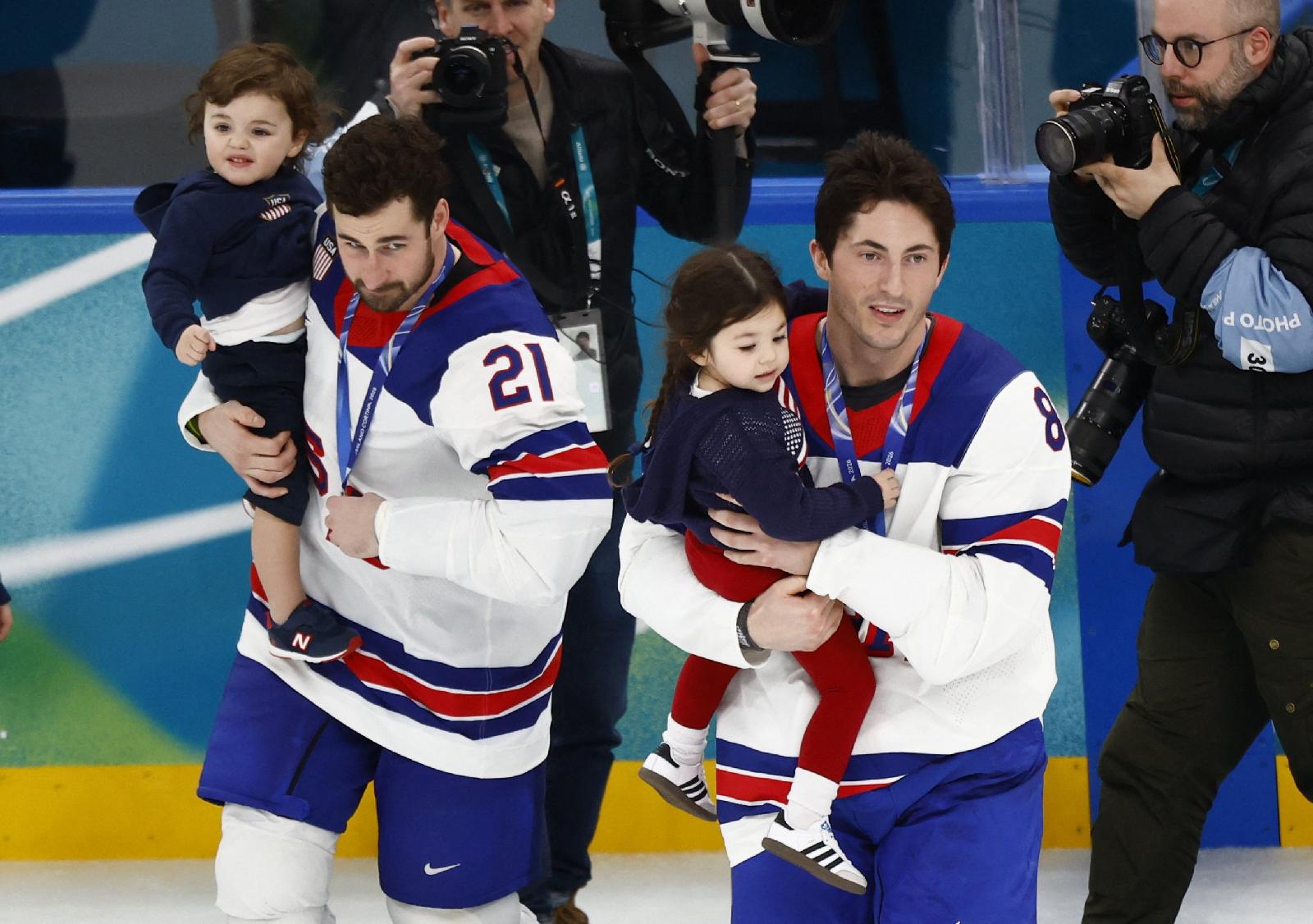
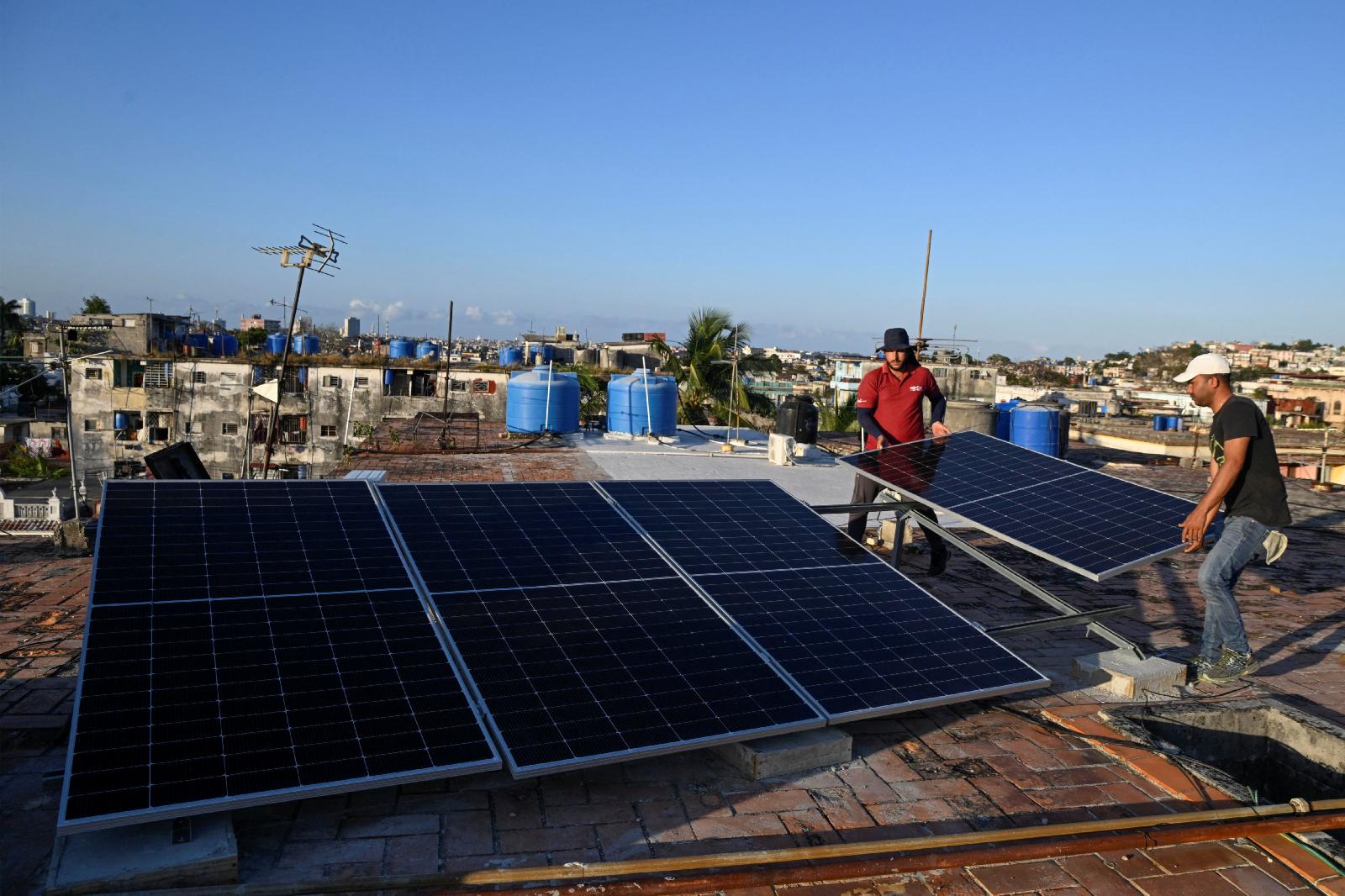
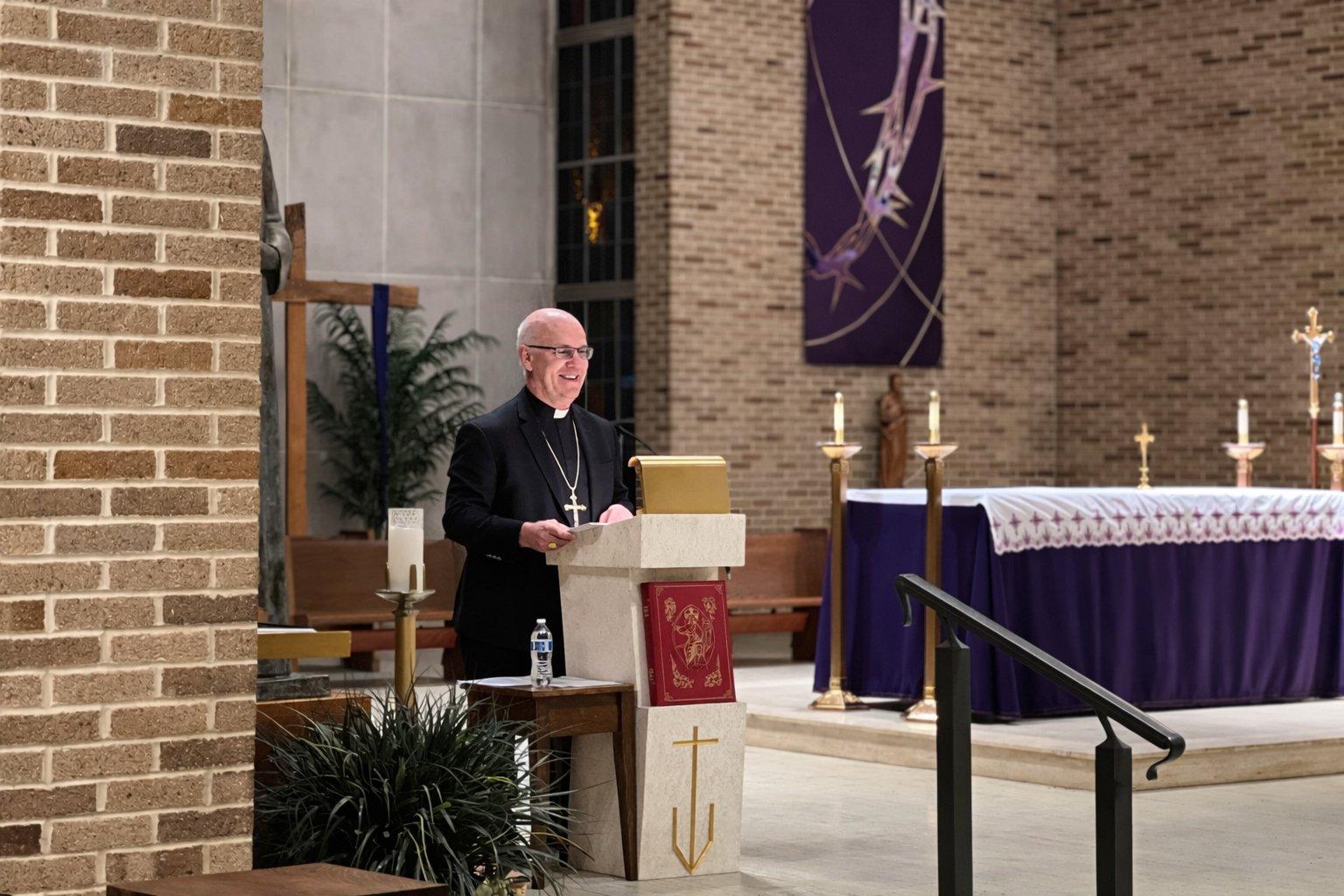
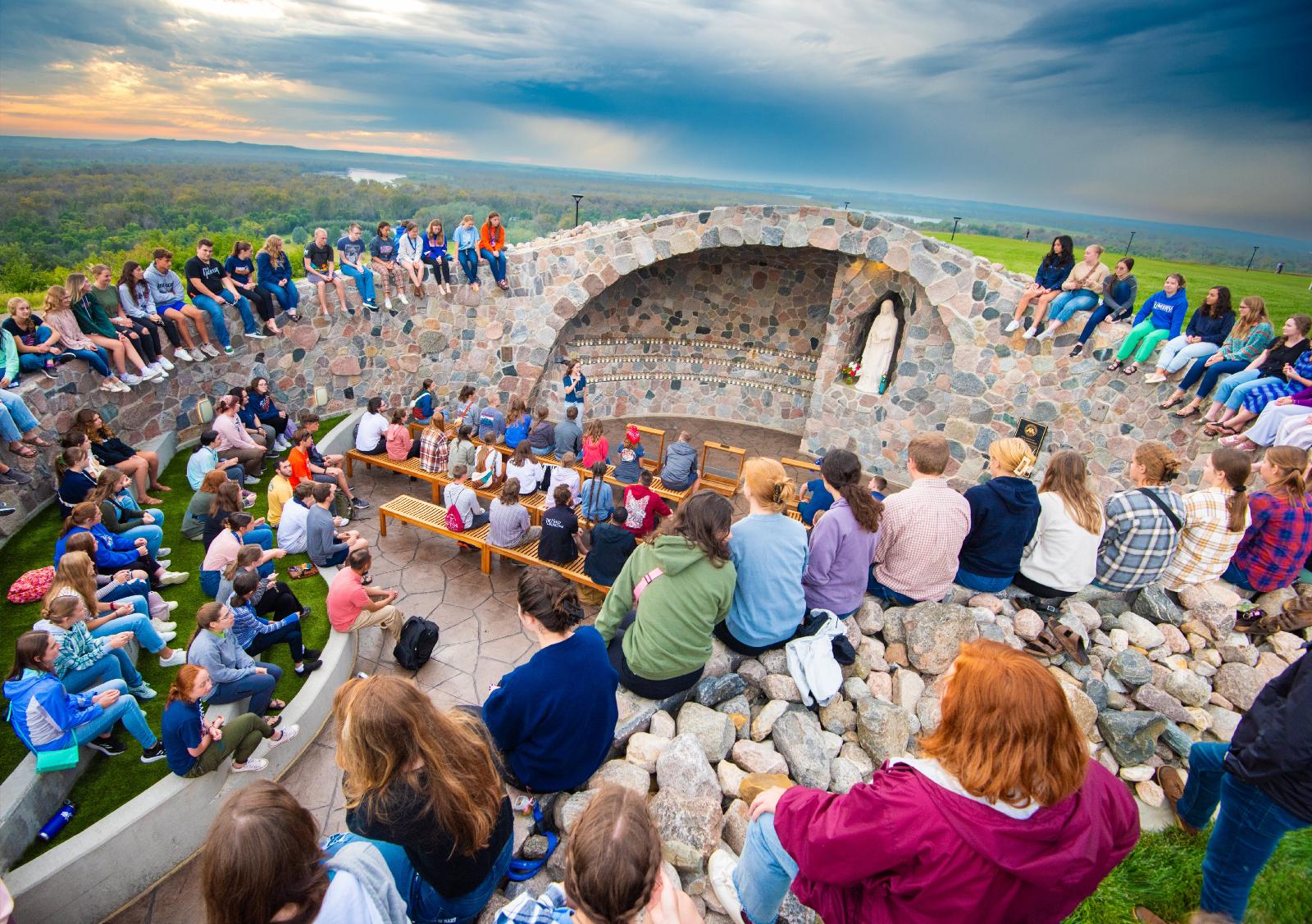
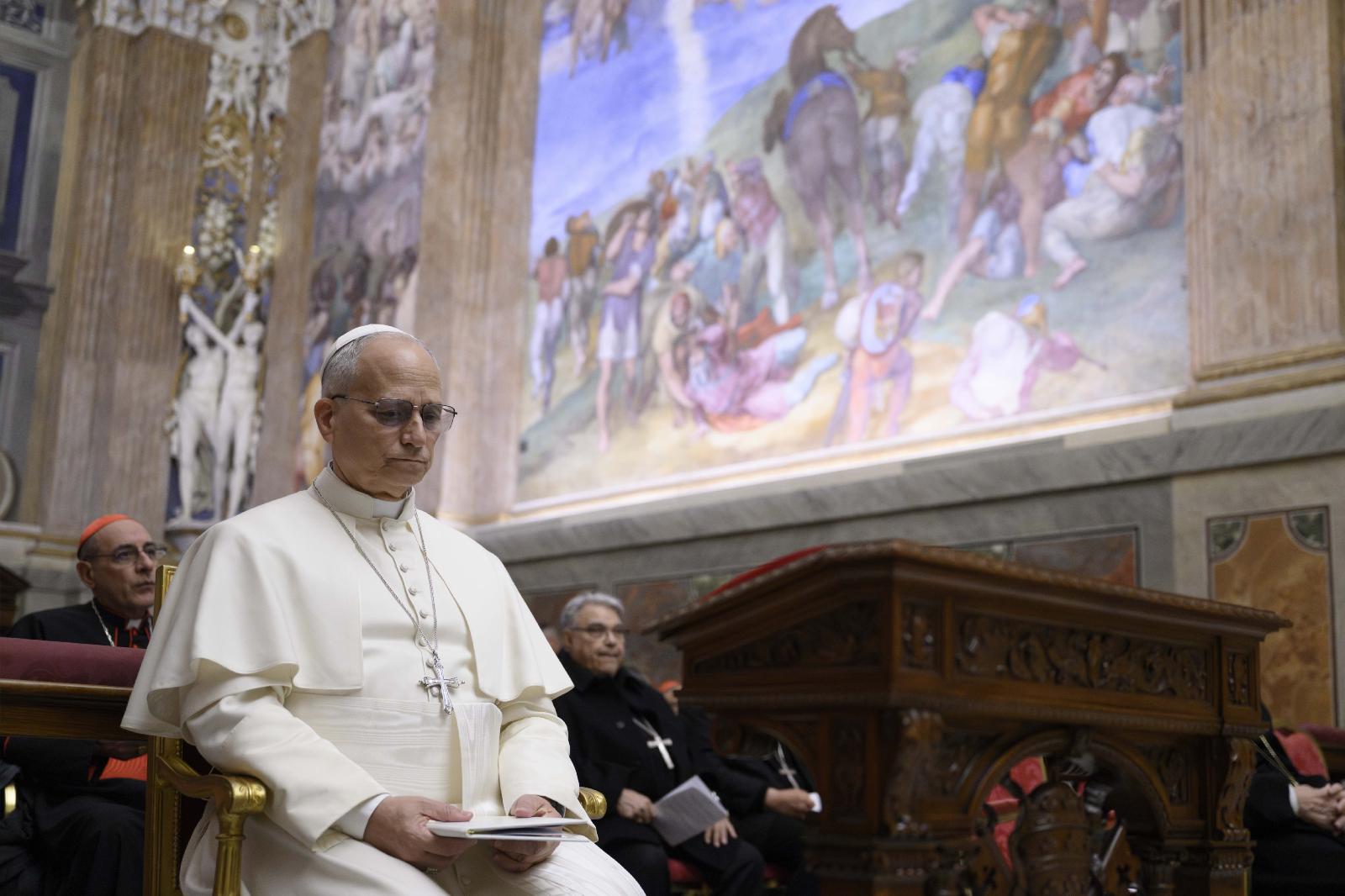















:quality(85):upscale()/2025/08/14/650/n/1922283/470aeb83689df49cdc1bb6.14084110_.jpg)
:quality(85):upscale()/2023/10/03/668/n/1922283/1f15c8a9651c2d209e5eb5.32783075_.jpg)
:quality(85):upscale()/2025/09/09/891/n/1922283/7222624268c08ccba1c9a3.01436482_.png)
:quality(85):upscale()/2023/09/18/918/n/1922398/a1136b676508baddc752f5.20098216_.jpg)
:quality(85):upscale()/2025/10/09/670/n/1922283/00b944c868e7cf4f7b79b3.95741067_.jpg)
